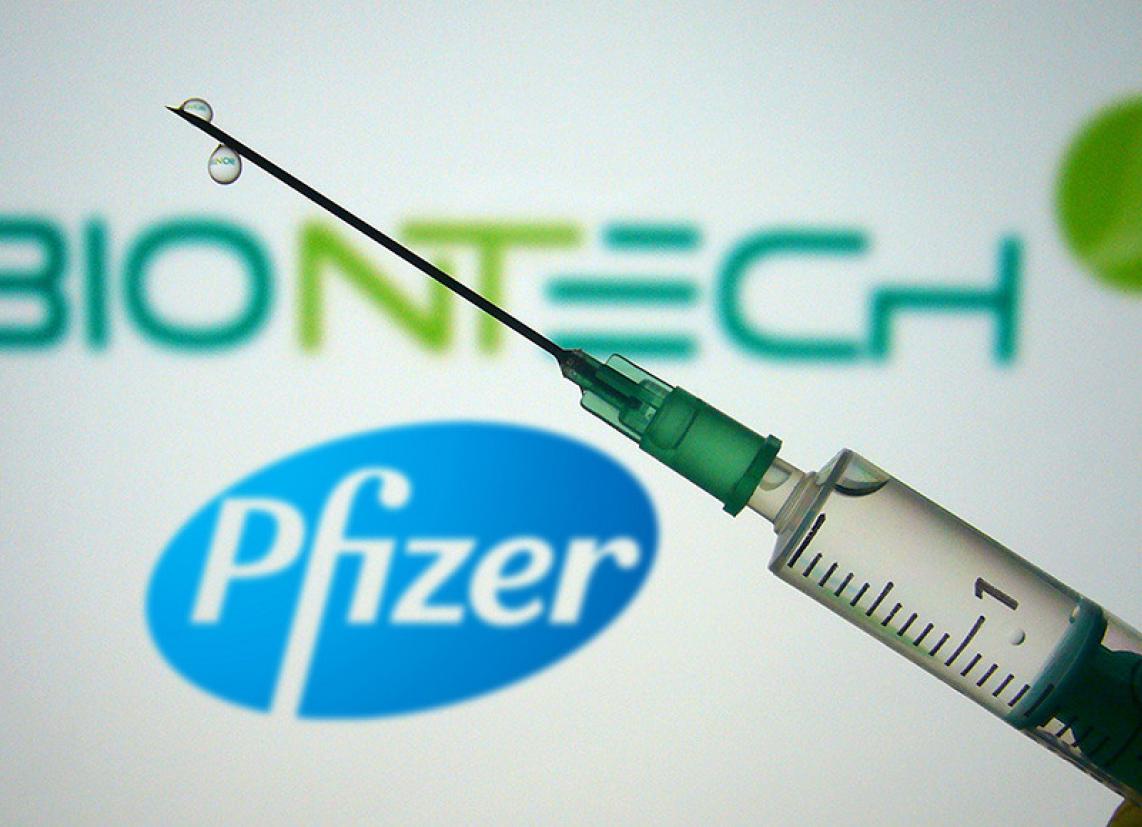What’s in a Name, Pfizer?

Our firm has been naming new companies and products for two decades so we watch the trends in new monikers closely. For every name that passes into everyday use like Google or Instagram, there are names generated by major agencies that fail the key tests of a good name: memorability – does it attach itself to our short-term and long-term recall; legibility – is it easily read and said; and scalability – can it expand to include sub-brands, flanking brands and endorsers.
So, what’s the worst brand name of 2021? How about Comirnaty? I can’t imagine the process that generated this word salad of a name; it’s a shame because it signifies one of the brands that has made the biggest impact on the world over the last 18 months – the Pfizer-BioNTech coronavirus vaccine that was recently given full approval by the Food and Drug Administration .https://qz.com/2051321/why-pfizers-covid-19-vaccine-comirnaty-has-a-weird-name/

So, why Comirnaty? It came from a naming consultancy called the Brand Institute, according to a report in Fierce Pharma, a website that tracks the drug industry. Comirnaty is a contraction of the words “Covid-19 immunity” and “mRNA,” the technology that makes the vaccine work. As a whole, the word is intended to evoke “community,” a Brand Institute executive said. To be fair, the blame doesn’t reside solely with the Brand Institute. The FDA’s recommendations for naming drugs and vaccines are laid down in a 42-page document with strict guidelines. Most crucially, patients and pharmacists shouldn’t easily confuse one drug’s brand name with another.
So why is Comirnaty an epically bad name? When we look at names, we break them down into their semantic (what they mean) and phonetic (how they sound) properties. This gets even more complicated with our analysis of how vowels (back of throat vs. front of throat) and consonants affect us. Why do “Z” sounds convey speed while “Sh” sounds convey luxury? There’s science behind this. Pioneered in 1929 by the renowned linguist and anthropologist Edward Sapir, sound symbolism is the theory that there’s an intrinsic meaning we unknowingly attach to certain speech sounds. The linguists even think that it may have played an important role in the evolution of language.
So, the problems with Comirnaty are many. Firstly, its meaning is hard to discern (despite Pfizer’s explanation). In fact, the word reminds me of Comintern –the 1920s Soviet organization that was aimed at spreading world communism; others were reminded of the NBC sitcom Community (not, I think associations Pfizer would want). Secondly, let’s look at the phonetics of the name. Firstly, it is hard to say (Pfizer had to include a pronunciation guide: “Comirnaty (koe-mir’-na-tee)).”The word has back vowels (o, ah) which always feel large, heavy. Great for heavy equipment but bad for a pharmaceutical because it makes getting a vaccine sound slow and painful (as an admirer of vaccines throughout history, I can assure people that this is the furthest thing from the truth). Also, the branding people should have been aware that r, p, and t sounds, have been shown to strike people as unpleasant. Compare this with the Moderna vaccine name: SpikeVax with its fast frontal vowels and the bold “K” and “X” sounds.
